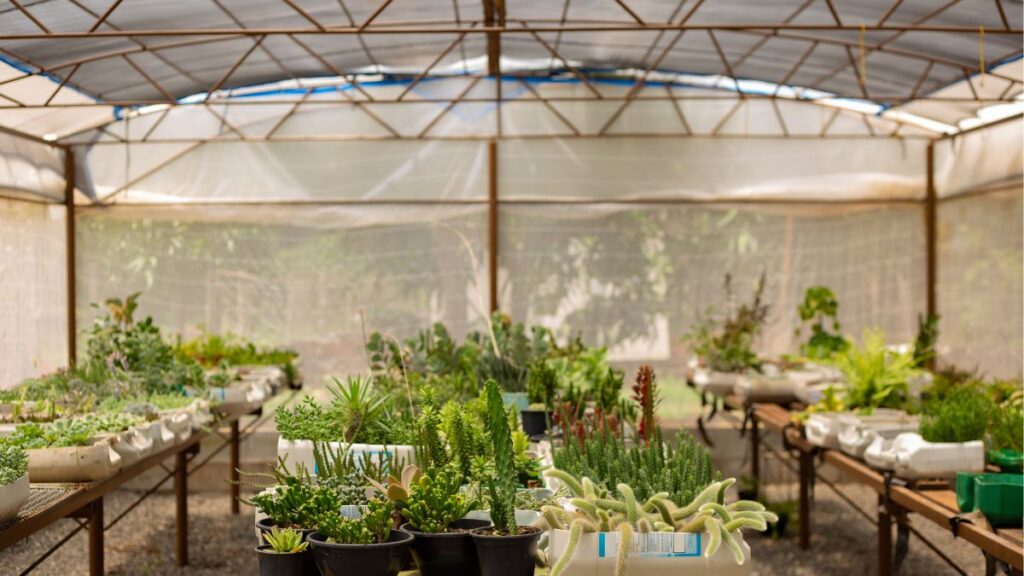Introduction
Venus Flowers, also known as the ‘Garden Goddess,’ are a captivating species that have fascinated gardeners and flower enthusiasts for centuries. Their history and origin are steeped in legend and myth, making them not only a beautiful addition to any garden but also a symbol of beauty, love, and desire.

The History and Origin of Venus Flowers
The history of Venus Flowers dates back to ancient times when the Romans revered them as symbols of love and beauty. According to the myth, Venus, the goddess of love, was born from the sea foam, and when she emerged, flowers bloomed along the shore, including the exquisite Venus Flowers. These flowers became associated with Venus and were often used in ceremonies and offerings to honor her.
Types and Varieties of Venus Flowers
There are several types and varieties of Venus Flowers, each with its unique characteristics and beauty. Some of the most popular varieties include the Venus Flytrap, known for its predatory nature and unique trapping mechanism, and the Venus Slipper Orchid, which is prized for its intricate and delicate blooms.
Cultivation and Care Tips for Venus Flowers
Venus Flowers are relatively easy to grow, but they do require specific care to thrive. They prefer well-draining soil and plenty of sunlight, although some varieties may tolerate partial shade. It’s important to water Venus Flowers regularly, but be careful not to overwater, as this can lead to root rot. Additionally, Venus Flowers benefits from regular feeding with a balanced fertilizer to promote healthy growth and blooming.
Benefits and Uses of Venus Flowers
In addition to their beauty, Venus Flowers have several benefits and uses. Some varieties, such as the Venus Flytrap, are known for their insect-catching abilities and are often used as natural pest control in gardens. Other varieties, like the Venus Slipper Orchid, are prized for their medicinal properties and are used in traditional medicine to treat various ailments.
Symbolism and Meaning of Venus Flowers
Venus Flowers are often associated with love, beauty, and desire, making them popular choices for romantic gestures and gifts. In mythology, Venus Flowers were believed to bring love and luck to those who possessed them, making them highly sought after by lovers and admirers alike.
Unique Characteristics of Venus Flowers
One of the most unique characteristics of Venus Flowers is their ability to adapt to their environment. Some varieties, like the Venus Flytrap, have evolved to thrive in nutrient-poor soil, while others, like the Venus Slipper Orchid, have adapted to attract specific pollinators. Additionally, Venus Flowers are known for their intricate and beautiful blooms, which come in a variety of shapes, sizes, and colors, making them a truly captivating addition to any garden.
Popular Myths and Legends About Venus Flowers
Venus Flowers, also known as the “Flowers of Venus,” has been the subject of many myths and legends throughout history. One popular myth suggests that Venus, the goddess of love, was so enamored by these flowers that she bestowed upon them the power to bring love and beauty to all who possess them. Another legend tells of a young maiden who, upon plucking a Venus Flower, was transformed into a beautiful nymph, forever immortalized in the petals of the flower.

How to Incorporate Venus Flowers in Your Garden Design
Incorporating Venus Flowers into your garden design can add a touch of elegance and beauty to your outdoor space. Consider planting them in clusters or along pathways to create a whimsical and enchanting atmosphere. Venus Flowers also make beautiful additions to floral arrangements, adding a pop of color and texture to any bouquet.
Tips for Buying Venus Flowers
When buying Venus Flowers, it’s important to choose healthy plants with vibrant blooms. Look for plants with firm stems and healthy foliage, as these are signs of a well-cared-for plant. Additionally, consider the specific needs of the variety you are purchasing, as some Venus Flowers require specific care and growing conditions.
Challenges and Common Problems When Growing Venus Flowers
While Venus Flowers are relatively easy to grow, they can be prone to certain challenges and problems. One common issue is overwatering, which can lead to root rot and other fungal diseases. To avoid this, water Venus Flowers sparingly and ensure they have adequate drainage. Additionally, Venus Flowers can be susceptible to pests such as aphids and spider mites, so regular monitoring and pest control measures may be necessary.
Venus Flowers: A Sustainable and Eco-Friendly Choice
Venus Flowers are not only beautiful but also a sustainable and eco-friendly choice for your garden. Many varieties are native to their respective regions, meaning they require less water and maintenance than exotic plants. Additionally, Venus Flowers are often a favorite of pollinators such as bees and butterflies, making them an important part of the ecosystem.

Conclusion
In summary, Venus Flowers are a stunning and captivating choice for enhancing any garden. Their deep-rooted history, meaningful symbolism, and distinct features make them highly sought-after by both gardeners and flower admirers. By integrating Venus Flowers into your garden layout, you can craft a enchanting and eco-friendly outdoor haven that promises to delight and inspire for many seasons ahead.
FAQS
Q: How often should Venus flowers be watered?
A: Venus flowers should be watered regularly, keeping the soil moist but not soggy. It’s best to water them deeply once a week, depending on the weather and soil conditions.
Q: Are Venus flowers suitable for beginners?
A: Yes, Venus flowers are relatively easy to grow and are suitable for beginners. They require minimal care and can thrive in a variety of conditions.
Q: How long do Venus flowers bloom?
A: Venus flowers typically bloom from spring to fall, depending on the variety and growing conditions. With proper care, they can continue to bloom for several weeks or even months.
Q: Do Venus flowers require special soil?
A: Venus flowers prefer well-draining, fertile soil with a slightly acidic pH. Adding organic matter, such as compost, can help improve soil quality and promote healthy growth.
Q: Can Venus flowers be grown in pots?
A: Yes, Venus flowers can be grown in pots or containers. Choose a large enough pot with drainage holes, and use a well-draining potting mix. Water regularly and place in a sunny location for best results.
